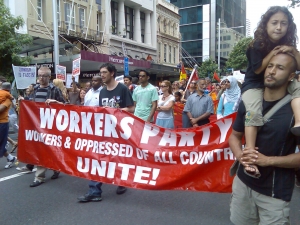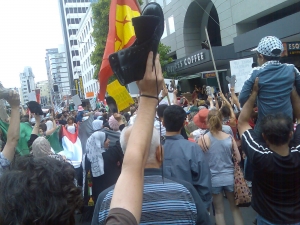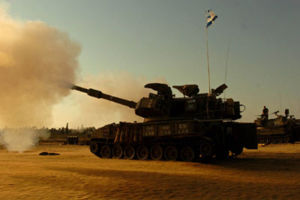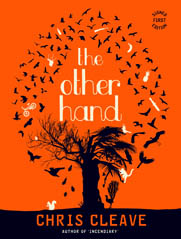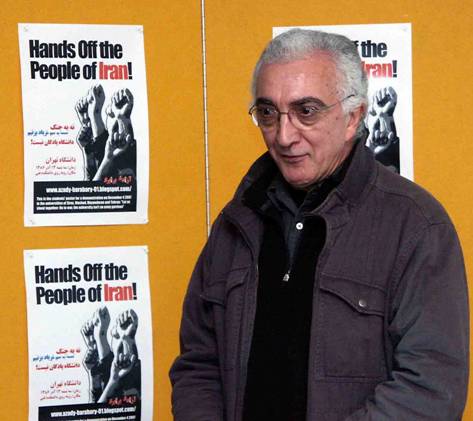Armistice Day in 2004 saw the Return of the Unknown Soldier
SQUIRE HELEN
(From The Spark, November 2004)
The Dominion Post (November 2004) reminded us that Prime Minister Helen Clark is also minister for arts, culture and heritage. Under that subhead, the paper carried an article by the multi-minister; “reflecting on our maturing sense of national identity”. To Helen Clark,” our maturing sense ” is a preoccupation with selectively remembered mass murder.
The first half of her article was a gushing sentimental rehash of the Unknown Warrior commemorations, concluding:
“More than 80 years elapsed from the time Prime Minister William Massey first explored the idea of a New Zealand Tomb of the Unknown Warrior to the day we welcomed home a young man whose life was cut short by war.”
Helen Clark writes as though the poor bastard had somehow been resurrected. No young man “was welcomed home” last November the 11th. The youth and prospects of the anonymous victim died the day imperialism butchered him in the mud of France.
The only thing Helen Clark welcomed in Wellington last Armistice day was a whitewash of capitalist history.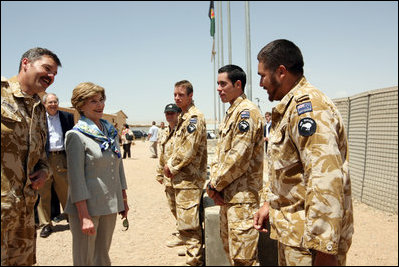
Right: Laura Bush greets NZ troops in Afghanistan June 2008
Continue reading “Armistice Day”
